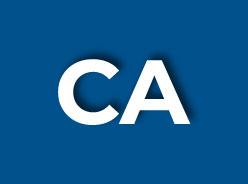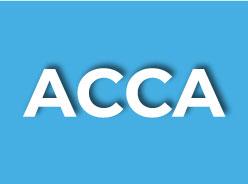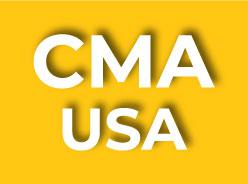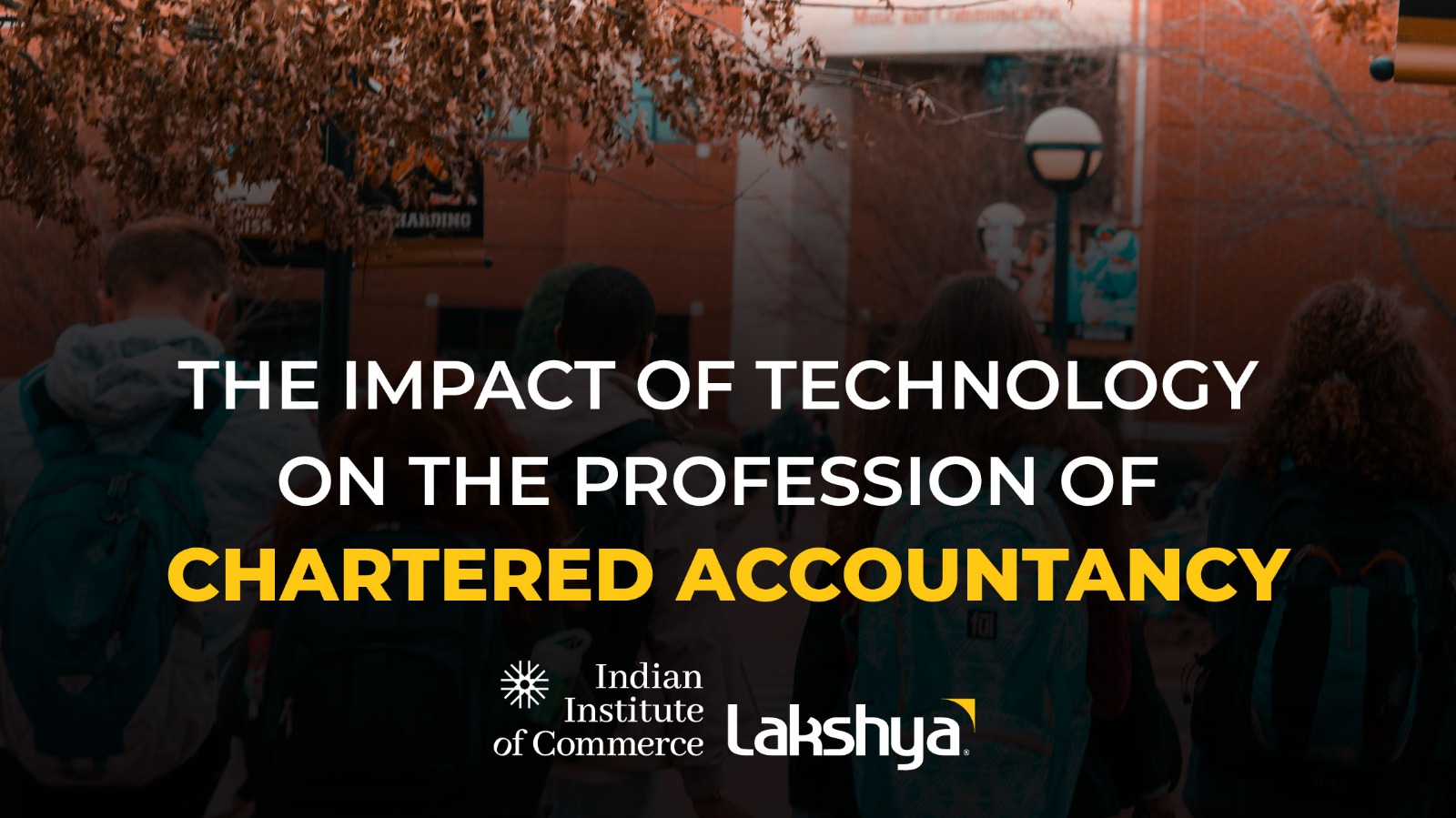The Impact of Technology on the Profession of Chartered Accountancy
Gone are the days when Chartered Accountants (CA) were only required to know about finance and accounting. With the advancement of technology, the world has transformed into a digital landscape, and the profession of Chartered Accountancy is no exception. The role of a Chartered Accountant has evolved with technology, and new-age CA professionals need to acquire digital skills.
Technology has impacted Chartered Accountancy in various ways. It has streamlined various manual processes, making work easier and more efficient. The implementation of cloud technology has made it possible to access financial data from anywhere, at any time. It has also enabled the collaboration of data between various stakeholders, thus reducing the time taken to complete a task. The use of mobile apps has allowed Chartered Accountants to stay connected and updated on the go.
Artificial Intelligence (AI) and Machine Learning (ML) have brought a new dimension to the profession of Chartered Accountancy. These technologies have enabled the automation of manual and repetitive tasks, freeing up time for CA professionals to focus on more critical aspects of their job. Additionally, the use of predictive analytics has allowed Chartered
ICAI's Tech-Driven Initiatives
The Institute of Chartered Accountants of India (ICAI) has been taking several technology-driven initiatives to help CAs leverage the latest advancements and maintain their professional edge.
One of the most notable initiatives is the Dynamic CA MENTORING MECHANISM (DCMM), a digital platform launched in 2021 to help CAs in practice mentor and train the next generation of CAs. The platform enables experienced CAs to provide guidance and support to young CAs, leading to their professional growth and development.
Another initiative is the Unique Document Identification Number (UDIN) system, which was introduced in 2019 to prevent the forgery and circulation of fake documents. This system requires CAs to digitally sign every document they issue, making it easier to verify their authenticity.
The Digital Learning Hub is another technology-driven initiative that offers online learning courses, webinars, and workshops to help CAs keep up with the latest developments and maintain their professional competency.
By taking these initiatives, the ICAI is helping the CA profession leverage technology-driven innovations to stay ahead of the curve. The use of technology has also helped improve the quality of services provided by CAs, enhancing their credibility and trustworthiness. With the increasing digitization of the business world, the ICAI's focus on technology-driven initiatives has helped ensure that CAs remain relevant and competent in the digital age.
Here is how technology will revolutionise the way CA’s work
- Effortless Processes
Gone are the days when CAs were bogged down by manual and time-consuming processes. With the implementation of technology, these processes have become effortless and more efficient. For example, cloud technology has enabled CAs to access financial data from anywhere, at any time. This has not only made it easier to work on projects but also allowed for seamless collaboration with other stakeholders. Additionally, the use of mobile apps has allowed CAs to stay connected and updated while on the go, giving them the flexibility they need to succeed in their profession.
- Automated Tasks
Artificial Intelligence (AI) and Machine Learning (ML) have revolutionized the finance and accounting industry, and Chartered Accountants are no exception. These technologies have enabled the automation of manual and repetitive tasks, freeing up time for CAs to focus on more critical aspects of their job. The use of predictive analytics has allowed CAs to make data-driven decisions, leading to more informed and accurate predictions. With the help of AI and ML, Chartered Accountants can now handle more complex tasks and make better decisions, leading to improved results and increased productivity.
- Secure Transactions
The implementation of blockchain technology has brought a new level of security to the finance and accounting industry. The immutability and transparency of the blockchain make it ideal for secure transactions, and this has opened up new opportunities for Chartered Accountants in the areas of audit and assurance. With the use of blockchain, CAs can now ensure that financial transactions are secure and transparent, providing peace of mind to both their clients and the public.
- Stay Ahead of the Competition
In today's fast-paced and ever-changing landscape, Chartered Accountants need to stay ahead of the competition. By embracing technology, CAs can ensure that they are equipped with the skills and tools they need to remain competitive. As the world becomes more and more dependent on technology, CAs who adopt technology in their practices will be better positioned to meet the demands of their clients and succeed in their profession.
In conclusion, the impact of technology on the Chartered Accountancy profession has been significant. From streamlined processes to secure transactions, the advantages of technology are numerous, and CAS need to embrace technology to remain competitive in today's digital landscape. The digital skills that CAs acquire today will help them stay ahead in the ever-evolving digital world and continue to meet the demands of their clients.
- Advanced-Data Analysis
The rise of technology has allowed Chartered Accountants to take their data analysis to new heights. With the use of advanced tools and software, CAs can now analyze vast amounts of data in a matter of minutes, providing them with valuable insights and trends. These insights can be used to identify areas of improvement, make better predictions, and drive decision-making.
For example, the use of business intelligence software has made it possible for CAs to create interactive dashboards and reports, giving them a comprehensive view of their data. This has not only made it easier to identify trends and patterns but has also allowed CAs to make informed decisions, leading to improved results and increased productivity.
- Minimizing errors
The risk of errors is a significant concern for Chartered Accountants, and technology has helped to minimize this risk. For instance, automation software reduces the risk of errors caused by manual data entry and reconciliation. Additionally, cloud technology enables collaborative work, reducing errors resulting from miscommunication or misinterpretation of data.
According to a survey by Sage, 52% of businesses say that manual data entry errors are the biggest accounting challenge they face. However, the use of machine learning algorithms can identify potential errors in financial statements, reducing the risk of significant issues. Overall, technology helps to improve accuracy, efficiency, and reliability, ensuring clients receive the most accurate financial advice possible.
- Improving Audit Quality with Technology
Technology has significantly improved audit quality in the Chartered Accountancy profession. Data analytics and AI have enabled auditors to analyze large volumes of data accurately and identify potential risks quickly. According to a KPMG survey, 69% of audit executives believe that AI and machine learning will have a significant impact on audit quality. As technology continues to evolve, it will continue to enhance the audit process, leading to higher-quality reports and recommendations.
- Improved Customer Experience
Technology has transformed the way Chartered Accountants interact with their clients, providing them with a more efficient and seamless experience. For instance, online portals and mobile applications allow clients to access their financial data and documents remotely, while automated chatbots provide 24/7 support to address clients' queries and concerns.
A survey by Deloitte reveals that 55% of customers are willing to pay more for a better customer experience. Therefore, leveraging technology to enhance customer experience can help CAs gain a competitive advantage in the market.
According to a study by EY, the use of technology has improved the quality of services provided by CAs, leading to higher customer satisfaction rates. The study also reveals that CAs using technology tools have witnessed a 25% increase in customer retention rates.
In conclusion, technology has had a significant impact on the profession of Chartered Accountancy. The digital skills that CA professionals acquire today will help them stay ahead in the ever-evolving digital landscape. As the world becomes more and more dependent on technology, Chartered Accountants must embrace the changes and continue to develop their digital skills to stay relevant and meet the demands of their clients.

 ABOUT LAKSHYA
ABOUT LAKSHYA  WHY CHOOSE LAKSHYA
WHY CHOOSE LAKSHYA  MISSION AND VISION
MISSION AND VISION  CHARTERED ACCOUNTANCY (CA)
CHARTERED ACCOUNTANCY (CA)  ACCA
ACCA  CMA-USA
CMA-USA  RESULTS
RESULTS 


